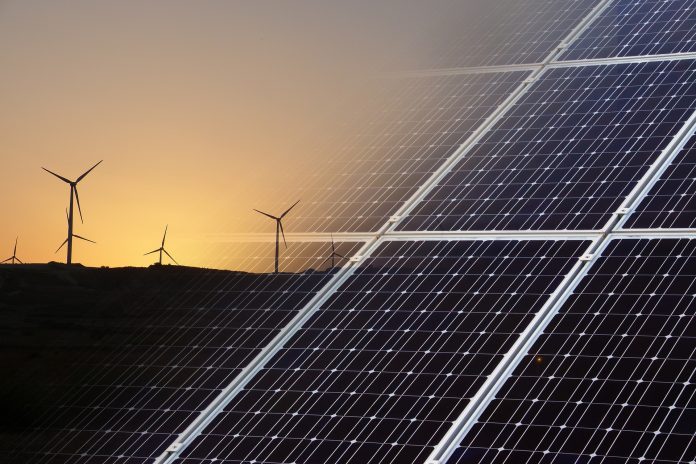International renewables agency IRENA warns that to sustain 1.5°C climate target, renewables must grow from 3,000GW today to over 10,000GW in 2030.
IRENA’s new World Energy Transitions Outlook 2023 Preview has warned that although global investment in energy transition technologies reached a new record of $1.3tn in 2022, yearly investments must more than quadruple to more than $5tn to stay on the 1.5°C pathway.
By 2030, cumulative investments must amount to $44tn, with transition technologies representing 80% of the total – prioritising efficiency, electrification, grid expansion and flexibility.
At present, around 60% of the world’s electricity is produced by burning fossil fuels, while nuclear energy and renewables make up around 10% and 30% respectively. As electricity generation more than trebles over the next 27 years, those proportions will have to change significantly, with renewables providing more than 90% by 2050.
To achieve this, the new report warns that any new investment decisions should be carefully assessed to simultaneously drive the transition and reduce the risk of stranded assets. Presently, some 41% of planned investment by 2050 remains targeted at fossil fuels. The report suggests that around $1tn of planned annual fossil fuel investment by 2030 must be redirected towards transition technologies and infrastructure.
Furthermore, the report states that public sector intervention is required to channel investments towards countries in a more equitable way. In 2022, 85% of global renewable energy investment benefitted less than 50% of the world’s population and two thirds of all new renewable additions last year were in China, the EU and the USA. Africa accounted for only 1% of additional capacity in 2022.
IRENA’s director-general Francesco La Camera said: “The stakes could not be higher. A profound and systemic transformation of the global energy system must occur in under 30 years, underscoring the need for a new approach to accelerate the energy transition. Pursuing fossil fuel and sectoral mitigation measures is necessary but insufficient to shift to an energy system fit for the dominance of renewables.
“The emphasis must shift from supply to demand, toward overcoming the structural obstacles impeding progress. IRENA’s Preview outlines three priority pillars of the energy transition, the physical infrastructure, policy and regulatory enablers and well-skilled workforce, requiring significant investment and new ways of co-operation in which all actors can engage in the transition and play an optimal role.”
Click here to download IRENA’s World Energy Transitions Outlook 2023 Preview.


















